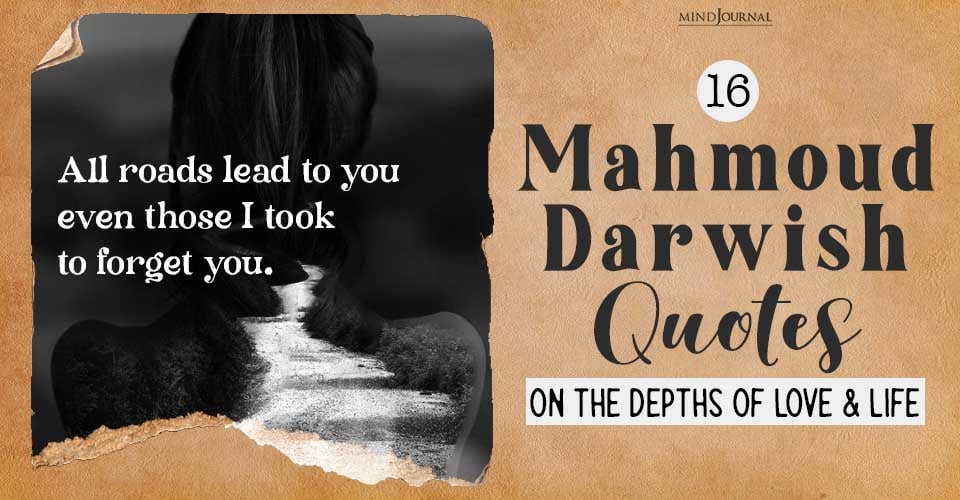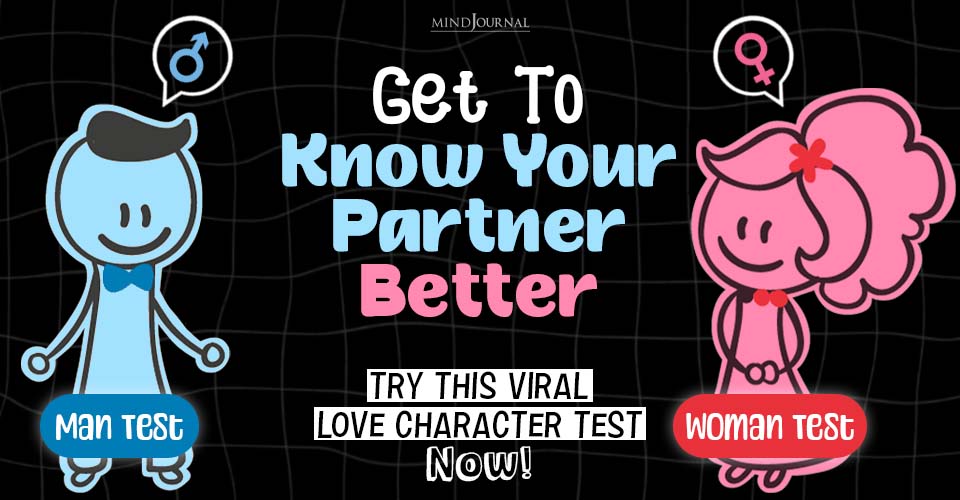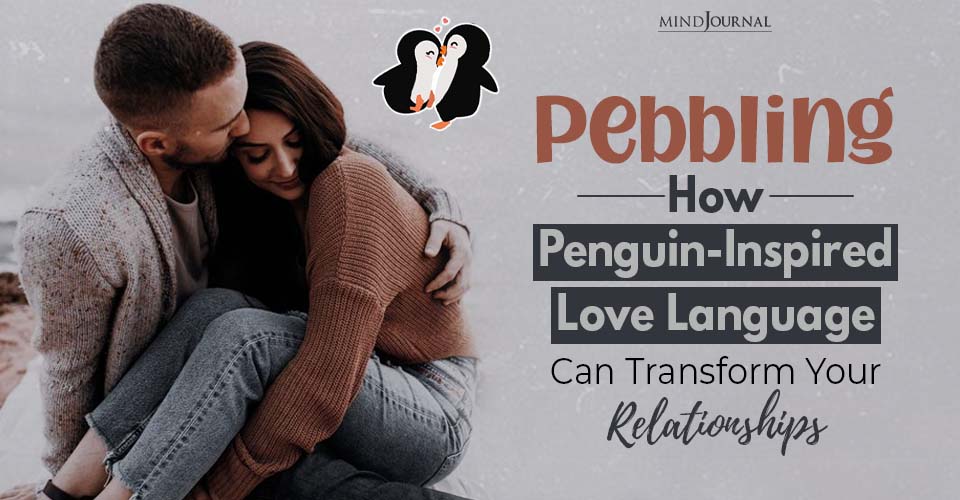There are two types of love, one, which makes you feel complete and safe, and the other one, makes you feel completely otherwise. Experiencing a healthy love can make you not just happy, but can also help you grow as a person. But the second kind of love will always make you question yourself, and your relationship.
Love is defined differently by everyone. For many, love is a feeling of deep connectedness. For others, love is an elusive prize that needs to be contained and controlled. One version may elicit joy and comfort while the other frequently causes anxiety and discomfort. Either way, figuring it out may save a person a great deal of heartache in the long run.
Closeness is the feeling a person gets when he or she falls in love. Talking for hours and getting to know a new love allows a person to learn about a partner’s feelings, thoughts, dreams, hopes, hurts, and struggles; everything that comprises his or her internal world. When reciprocated, the experience of feeling understood, known, and supported allows a person to also feel loved.
The exercise of getting to know someone when falling in love should not end after courtship. Continuing to talk and understand a loved one’s experiences as he or she walks through life allows a person to possess empathy for a partner. Many believe empathy is the cornerstone of a close and healthy relationship.
Empathy is the opposite of feeling sorry for a partner, fixing his or her problems, or surrendering a personal perspective. It is simply a sincere attempt to understand how a person feels while communicating this understanding to him or her. Essentially, it is listening and being attuned to a feeling state, and then honoring the feeling.
Examples of empathic statements include:
- “You are mad. I get it. You have every right to be.”
- “You are hurt. I would be too. I understand.”
- “You are upset. I don’t know why, but I want to understand. Tell me.”
- “You are overwhelmed. It is frustrating. How can I help?”
- “You are disappointed. I would be too. What can I do?”
Understanding how a partner feels does not mean a person relinquishes his or her own viewpoint. It simply means a person is willing to try and understand. This, alone, conveys respect and love. Often when a person receives empathy, he or she feels more connected to the person who “gets it” and less alone in his or her predicament. This is often comforting and sustains the closeness in the relationship.
Related: A Relationship Without Empathy
Perhaps the most difficult time to have empathy for a partner is when you’re the one who hurt them. Still, stay the course. Empathize with your partner’s feelings; “I disappointed you. I am sorry. I had a selfish moment. I won’t do that again.” This type of apology is free of excuses, rationalizations, and minimizations, which add to its authenticity and power. Frequently, heartfelt accountability repairs rupture in the relationship and preserve trust.
It is important to note that if a partner’s insincere apology or lack of an apology is packed with justifications and deflections, he or she may be “playing the victim.” This occurs when a partner uses past hardships to excuse wrongdoing in the present. It is manipulative because a partner is attempting to take advantage of a person’s empathy. Exploiting empathy may erode the trust and squelch a person’s ability to continue being empathic in the relationship.
The importance of discussing feelings in terms of resolving conflict and preserving the closeness in the union is critical. Yet feigning hardship to excuse a hurtful act may be an attempt to manipulate and gain emotional control of a person.
A sign that a partner may lack empathy occurs when he or she is unable to consider a person’s feelings when they differ from how he or she feels. When a partner dismisses, shames, and punishes a person for a feeling, he or she may struggle with empathy.
Examples of statements that invalidate feelings include:
- “Don’t be like that.”
- “Don’t be mad.”
- “You are too sensitive.”
- “Don’t start.”
- “Don’t be disappointed.”
- “You are too emotional.”
- “You are crazy.”
- “You overthink.”
- “You are insecure.”
When a partner consistently refuses to honor how a person feels and shames him or her, it takes a toll on the person’s sense of self. Feeling ashamed may compel a person to second guess feelings and opinions. Convinced he or she is wrong for feeling a certain way, a person may surrender to a partner’s demands. After a few months, a partner’s lack of empathy may impact a person’s mental health.
This type of emotional manipulation is often due to a partner’s unconscious desire for control. Unaware of his or her controlling tendencies because they stem from deep-rooted insecurities, the partner may lack insight. Resolving these tendencies is difficult if the partner is unable to recognize the dysfunction.
A lack of empathy and a propensity to “play the victim” in order to escape accountability are intangible dynamics easily swept under the rug when isolated. But if these habits continue over time, the theme of a partner vying for control of a loved one’s self-esteem may become evident. If a person becomes enlightened and challenges the partner, the partner may inflict guilt in order to exonerate himself or herself.
Related: 10 Tips That Will Help You Avoid Emotional Manipulation
For example, “How can you accuse me of being selfish when I helped you with your car? You are impossible to please.” Inflicting guilt is yet another attempt to maintain the emotional control of a partner.
If a partner empathizes, is vulnerable instead of a victim, and is sincerely accountable for mistakes in the relationship, trust is easier to sustain. The love in the relationship is a product of closeness. Alternatively, if a partner emotionally manipulates, shames, routinely plays the victim, and continually inflicts guilt, the need for control may be his or her dysfunctional version of love, and it is often destructive. Healthy love is one in which both people feel heard, understood, and respected. It may be worth the wait.
Written By Erin Leonard
Originally Appeared In Psychology Today
Knowing these two types of love can help you understand whether you are in the right kind of relationship of not. Knowing these two types of love will help you identify whether someone genuinely loves you, or is simply emotionally manipulating you for their own selfish motives. Being in a relationship means you should feel safe and heard, and if you don’t, then maybe it’s time to let it go and move on.
If you want to know more about the two types of love, then check this video out below:










Leave a Reply